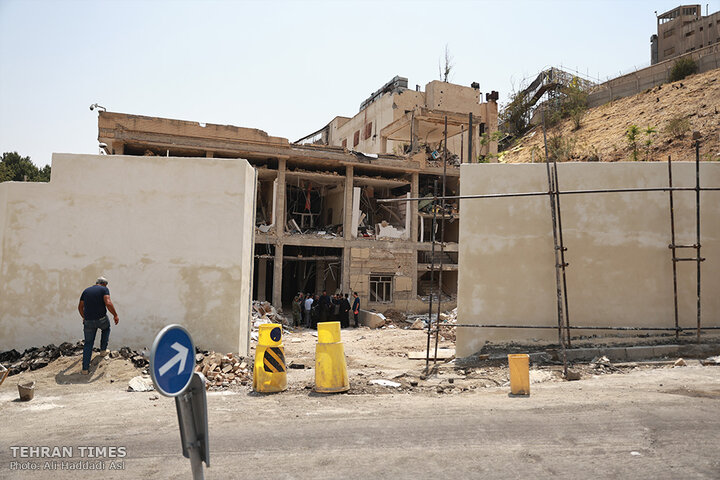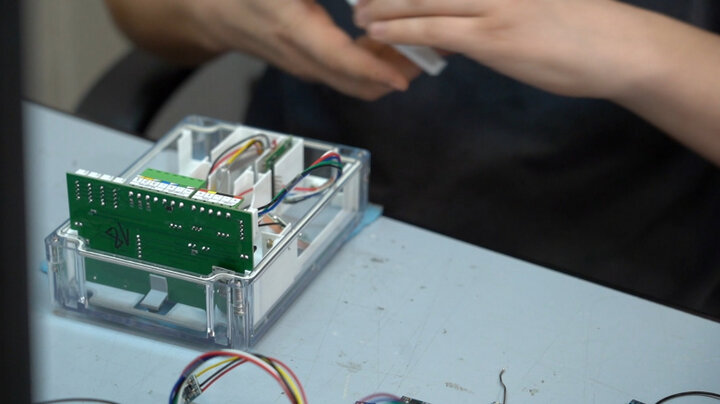-
 2025-08-25 21:18
2025-08-25 21:18
By Mona Hojat Ansari
‘History will not forgive delay in ending the Gaza tragedy’: Araghchi
Attending an OIC session, Iran’s FM calls upon the Muslim world to finally do something about Israel’s crimes
TEHRAN – Iranian Foreign Minister Abbas Araghchi asked Muslim leaders on Monday to take decisive action to put an end to Israel’s massacre of Palestinians in Gaza, warning that the region may never be able to stand against Israeli violence if it does not act now.
-

By Sahar Dadjoo
Exclusive: ‘Snapback’ sanctions are illegitimate and unenforceable; Human Rights advocate argues
Robert Fantina says invocation of ‘snapback’ will have serious implications for regional peace and security
TEHRAN – Robert Fantina, author, human rights advocate, and an outspoken critic of Western foreign policies, believes that economic sanctions have become one of the most destructive tools of modern warfare, disproportionately harming ordinary civilians rather than governments.
-

Iranian media says Tehran, E3 set for Geneva nuclear talks on Tuesday
TEHRAN – Iran is scheduled to resume nuclear negotiations with Germany, France, and the United Kingdom in Geneva on Tuesday, with discussions centered on nuclear issues and the termination of sanctions, according to a report by Tasnim News Agency.
-
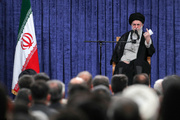
Iran stands firm against US pressure for obedience
Ayatollah Khamenei says ‘sacred unity’ an achievement of war that must be protected
TEHRAN – Leader of the Islamic Revolution Ayatollah Seyyed Ali Khamenei attended a public mourning ceremony that commemorated the martyrdom anniversary of Imam Reza (AS) on Sunday. He delivered a speech some point during the event, where he spoke about the 12-day U.S.-Israeli aggression against Iran, and promised that Iranians will continue to resist U.S. pressure to subjugate them.
-

Iran and Russia reiterate Tehran’s right to uranium enrichment during presidential phonecall
TEHRAN – President Masoud Pezeshkian has lauded Russia's firm backing of Iran's legitimate right to uranium enrichment while reaffirming the Islamic Republic's unwavering commitment to never pursuing nuclear weapons, a stance rooted in its core principles and defense strategy.
-

Iran’s judiciary chief urges swift action against Zionist collaborators
TEHRAN – Iran's Judiciary Chief Gholamhossein Mohseni-Ejei has called on prosecutors and senior judicial officials to accelerate the handling of cases involving individuals accused of collaborating with the Zionist regime, stressing that such elements undermine the security of the Iranian people.
Politics
-

Iran says new UK sanctions 'fundamentally unacceptable'
Iran has slammed the United Kingdom’s imposition of fresh sanctions, describing the move as “fundamentally unacceptable” and a violation of international norms.
-
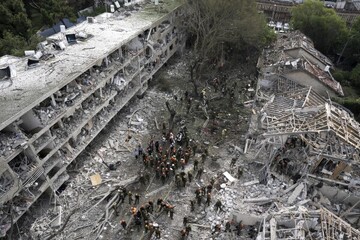
The next Iran-Israel conflict could be a more intense ‘shadow war’
TEHRAN – In recent decades, the confrontation between Iran and Israel has evolved into a battleground of overt and covert hostilities—sometimes erupting into full-scale warfare, other times unfolding through discreet yet impactful operations.
Sports
-

Persepolis beat Sepahan in 2025/26 PGPL
TEHRAN – Persepolis football team defeated Sepahan 1-0 in Week 2 of the 2025/26 Iran’s Persian Gulf Professional League (PGPL) on Monday.
-

Esteghlal’s new signings signal ambitious comeback
TEHRAN - Esteghlal Football Club are gearing up for a bold resurgence in the 2025/26 Persian Gulf Pro League (PGPL) following a disappointing ninth-place finish last season. Despite last year’s league struggles, the team managed to lift the Hazfi Cup, securing a spot in the AFC Champions League Two, a testament to their potential and resilience.
-
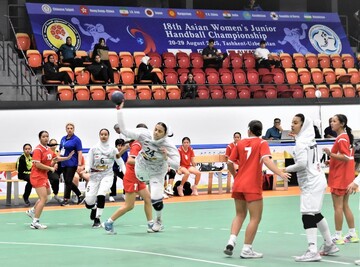
Iran overpower Kyrgyzstan at 2025 Asian Women’s Junior Handball Championship
TEHRAN – Iran defeated Kyrgyzstan 77-12 in the 2025 Asian Women’s Junior Handball Championship on Monday.
Culture
-

10 photos from Iran win at International Photography Awards 2025
TEHRAN - The International Photography Awards (IPA) 2025 has announced the winners, with 10 photos by Iranian photographers in the list.
-

What’s in Tehran art galleries
* Sharif Gallery is playing host to an exhibition of paintings by Mostafa Emami. The exhibit entitled “Before the Image Comes into Being” will be running until September 5 at the gallery that can be found at 11 Mahruzadeh Alley, Shariati Ave. near Quds Square.
-

Iran mourns passing of Master Mahmoud Farshchian: legendary artist laid to rest
TEHRAN- On Monday, the funeral procession of Master Mahmoud Farshchian, the celebrated Iranian miniaturist and painter, was held in Isfahan, drawing a vast crowd of mourners from across Iran.
Economy
-

Iran targets $4.5b in technical-engineering services exports by Mar. 2026
TEHRAN – Iran’s Trade Promotion Organization (TPO) is aiming to boost exports of technical and engineering services to $4.5 billion by the end of the current Iranian year (late March 2026), an official said on Monday.
-
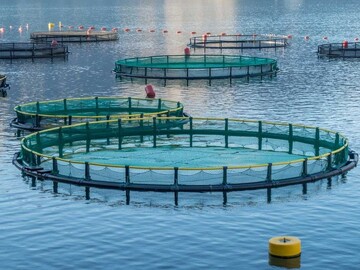
Major development projects to be inaugurated during government week
TEHRAN – Iran will launch hundreds of fisheries, mining, and port development projects across the country during Government Week (August 24-30), officials said on Monday, highlighting a push to expand production, create jobs and attract foreign investment.
-

South Pars gas complex says 90% of maintenance parts sourced locally
TEHRAN – More than 90 percent of equipment used in overhaul operations at Iran’s South Pars Gas Complex now comes from domestic suppliers, a shift officials say supports stable output and a knowledge-based economy.
Society
-

Strategic plans approved to improve quality of life for elderly
TEHRAN –According to the head of the secretariat of the National Council of the Elderly, Mojgan Rezazadeh, the council has so far approved 18 strategic plans on aging to help improve the status of older adults.
-

Welfare Organization to inaugurate projects during Government Week
TEHRAN – The Welfare Organization will inaugurate different projects, namely neighborhood-based social health, physical health, and cancer screening for women heads of household, community-based rehabilitation (CBR) centers, validation of elderly day-care centers, and a talent search system for welfare recipients, during Government week (August 24-30).
-

Nanotechnology takes a leap forward in a year
TEHRAN –Iran has made significant progress in nanotechnology over a year (August 2024 -August 2025), with more than a 100 percent increase in nanotech products exports, indexing 10,860 articles in the Web of Science (WoS), and being ranked sixth in publishing nanotech articles.
Tourism
-
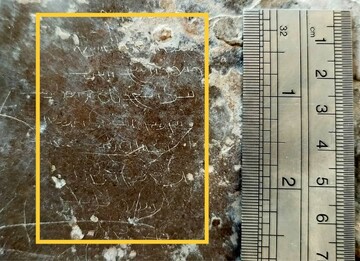
‘World’s smallest’ ancient inscription discovered in southern Iran
TEHRAN – An Iranian historian has announced the discovery of what he says is the “world’s smallest known ancient inscription”, a 1,600-year-old text carved on a rock wall in Marvdasht, Fars province, dating to the late Sassanid period.
-

18th-century Vakil Mosque undergoes restoration in Shiraz
TEHRAN – The historic Vakil Mosque, part of an 18th-century ensemble in downtown Shiraz, has undergone restoration, a provincial official said.
-

Traditional games seen as a path to boost tourism and preserve local culture
TEHRAN – Traditional games rooted in Iran’s cultural heritage could serve as both a tool for preserving local identity and a driver of sustainable tourism, according to new research focused on Yazd province.
International
-
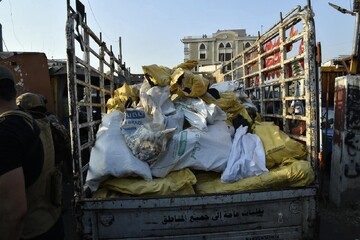
The farce of handing over weapons in Beirut’s Palestinian refugee camps
BEIRUT—The charade of handing over weapons in a Palestinian refugee camp in Beirut on Thursday evening was considered nothing but a political scandal, whereby the Lebanese authorities—like their Palestinian counterparts—have transformed into clowns willing to do whatever they can to please Washington and Riyadh.
-

UN declares famine in Gaza
The UN has officially declared a famine in Gaza after months of Israeli restrictions that cut off food and water supplies to more than two million people.
-

What lessons can Europe learn from "daddy" school?
TEHRAN - US President Donald Trump’s recent meeting with European leaders appears to have left them with egg on their faces.
Most Viewed
-
Iran secures IOAA championship for second consecutive year
-
Six terrorists killed, two captured in counterterrorism operation near Pakistan border
-
The Iron Dome of silence
-
Iran stands firm against US pressure for obedience
-
Araghchi arrives in Jeddah for emergency OIC meeting
-
Will there be another war?
-
Iran, Belarus sign industrial cooperation agreements
-
Iran-China non-oil trade stands at $9b in 4 months
-
Tehran, Peking beef up sci-tech ties
-
Iran’s first gold medal winner in Olympics Habibi passes away
-
Dutch government in crisis as ministers resign over Gaza policy
-
Israeli airstrikes hit civilian infrastructure in Sanaa as Yemen reiterates Gaza support
-
Israeli official flees US after being caught in child sex sting, sparking outrage
-
Iran boasts high potential for Halal tourism
-
Iranian innovator wins BRICS, SCO ‘Social Solution of the year’ award







